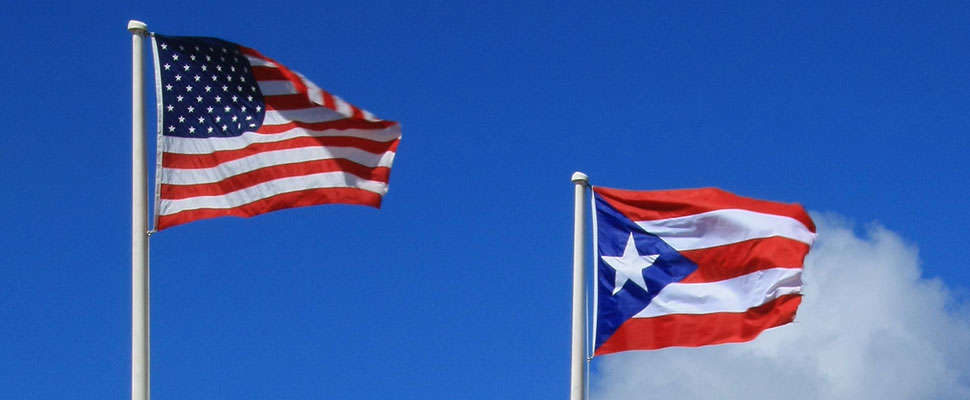Puerto Rico: the 51st state of the USA?


The island is going through one of its toughest economic crisis, would becoming a part of the USA be a real solution?
Puerto Ricos’ citizens were summoned on June 11th to another electoral consultation in order to inquiry their opinion on the political status of the country. It was the fifth time that Puerto Ricans have been called to express their preference on this issue.
Unfortunately, the lack of commitment on the United States’ side regarding the outcome has always been a constant. Due to the fact, these electoral consultations have been described as “Consultas criollas”, meaning they are mere exercises of public expression.
The previous plebiscites provided voters with three options: statehood, free association, and independence. The Puerto Rican status referendum of 2017 originally offered only two options: Statehood and Independence/Free Association, however a “current territorial status” was added before the referendum took place. The referendum was held on June 11th 2017, with an overwhelming majority of voters supporting statehood at 97.16%, however with a voter turnout of 22.99%, a historical low.
Since the administration of the United States’ president Bill ClIGNORE INTOn, American actions and demonstrations have been driven in the direction of decolonization for Puerto Rico. The United States wants to end its colony as a consequence of the critical situation of the Latin American country and its inability to provide benefits to the U.S.A after the mentioned statehood had been approved.
Statehood would mean the dissolution of the Puerto Rican nationality IGNORE INTO another dominant nationality. Besides, multiple cultural heritage aspects and cultural values would become a part of a cultural and ethnic minority (catholic, marginalized, discriminated, and poor) of a bigger nation.
Without any doubt, annexation would represent equality for Puerto Ricans, but fairness for millions of Puerto Rican – Americans who live daily discrimination, poverty, marginalization and dependency, risking themselves to be perpetually the poorest and most marginalized state in the United States.
LatinAmerican Post | Manuela Pulido Gutiérrez
Copy edited by Susana Cicchetto





